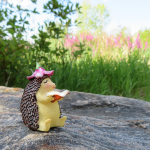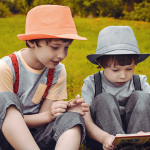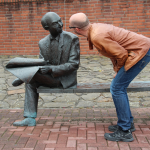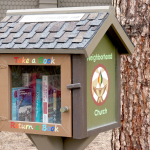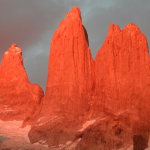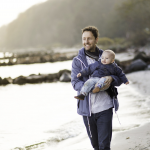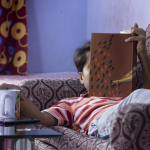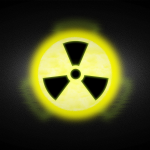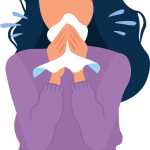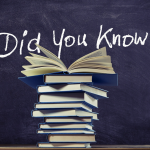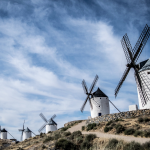Cows to the rescue, truthfulness vs. truth, are pescatarians more ethical than those who eat beef?
Other Science News
Controlling Big Tech, why is infrastructure so expensive to build and maintain, climate migration is altering the diseases we must confront, and a users-guide to breathing.
Statues, memorials, and street names all commemorate our chosen cultural history. Street names, in particular, because their cost is less than a commissioned statue or memorial, making renaming easier may “mirror a city’s social, cultural, political, and even religious values.” New research on “streetonomics” may provide insight.
The notes of physicians are now freely available to patients. Is medical innovation fueled by theory or experiments? Another consideration in the Wuhan leak story, what are the limits to eminence over specific expertise? Finally, the nose knows - in this case how the receptors of smell are challenging lock and key.
Less really is more, bagel rolling, how lucky we are, and the power and limitations of “following the science.”
What do granite and bananas have in common? Radioactivity. As it turns out, radioactivity is all around us and has been for eons.
What can science tell us about fatherhood? Fathers historically have gotten a deserved but bad rap acting primarily as “hunter-gatherers” rather than as caregivers.
A new approach to mosquito control, the disparities of the gig economy – writers edition, critical economic theory?, are lawyers circling the Wuhan lab?
While developments will emerge, right now there’s not much information available about apparent problems at the Taishan nuclear power plant. Let's review what is known, and also consider its background, so we have a fuller context. And here are some educated guesses as to what might happen next.
Not since the 1980s and the rise in the use of cocaine has the nose been such an important public health organ. It has been the way COVID-19 gets into our bodies and the site of much poking and prodding from PCR testing.
Orphan crops, private equity and the closure of Hahnemann Hospital, a for-profit medical school?, and how to understand the contradictions of science.
Deriving electricity from windmills is one way to diversify our energy sources, while reducing the use of fossil fuels and making us more energy resilient. But as the Second Law of Thermodynamics points out, there's no free lunch energetically, and that includes harnessing the power of the wind.
